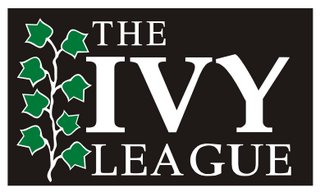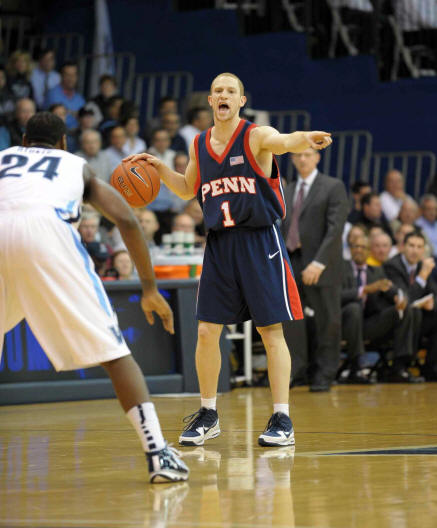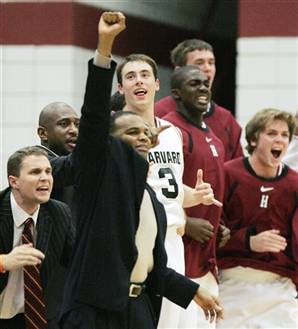RTC Conference Primers: #24 – Ivy League
Posted by Brian Goodman on October 11th, 2010Howard Hochman is the RTC correspondent for the Ivy League.
Predicted Order of Finish
Most publications and prognosticators see Princeton as the most obvious choice to win the conference crown. They base this on the fact that the Tigers return all of their key players – a group that took eventual champion Cornell down to the wire in both games last season. However, I believe the collection of sophomores up in Cambridge, even with leader Kyle Casey getting a late start due to injury, will improve dramatically and thus wear the crown come March. And for those of you unfamiliar with Ivy hoops, this is the one conference where being regular season champ really does matter, as there is no postseason conference tournament. Here is how I see it:
- Harvard (12-2)
- Princeton (11-3)
- Penn (10-4)
- Cornell (9-5)
- Yale (5-9)
- Brown (4-10)
- Columbia (3-11)
- Dartmouth (2-12)
All-Conference Team (key stats from last season in parentheses)
- Kyle Casey (F) – Harvard (10.4 PPG, 5.1 RPG)
- Doug Davis (G) – Princeton (12.7 PPG)
- Brandyn Curry (G) – Harvard ( 7.3 PPG, 3.5 APG)
- Christian Webster (G) – Harvard (8.8 PPG)
- Zack Rosen (G) – Penn (17.7 PPG, 4.5 APG)
6th Man
- Dan Mavraides (G) – Princeton (11.5 PPG, 4.3 RPG)
Impact Newcomer
In a league that does not offer athletic scholarships, ferreting out an incoming freshman that will have the greatest impact is not an easy task. After all, one does not find a lot of McDonald’s All-Americans on any of the Ivy rosters. Given that, we look to Ithaca where Cornell, under new coach Bill Courtney, looks to retool. And the freshman that could make the biggest splash is none other than Dwight Tarwater. This 6’6 forward from Knoxville, Tennessee, comes with some impressive credentials. He was a two-time all-state selection and as a senior was named Division II-A Mr. Basketball. His stats were equally impressive, averaging 23.2 points and 10.1 rebounds per game. He shot 61% from the field and 78% from the free-throw line.
Honorable mention in this category goes to the entire Yale class of 2014. This quintet is led by home-grown product 6’3 guard Isaiah Salafia, who was a McDonald’s nominee as a senior. Coach James Jones calls him his most athletic recruit with all the tools to become a star.
What You Need to Know
- New Men on Campus: There are four new coaches taking the reins this fall. Bill Courtney (Cornell) and Kyle Smith (Columbia) come with respected recruiting resumes. The former built the team at George Mason that went to the Final Four; the latter helped build the St.Mary’s program out west – that’s Australian for hoops, mate – that gave Gonzaga all they could handle the past Few years. Then there is Jerome Allen at Penn who had the interim tag removed over the summer. While this Quaker legend was a popular choice, it remains to be seen if he has enough game experience to lead the red and blue to what their fans believe is their rightful place on top of the standings. And finally, Paul Cormier returns to Dartmouth. He was at the helm when the Big Green competed, but a return to glory is not in the immediate future.














































